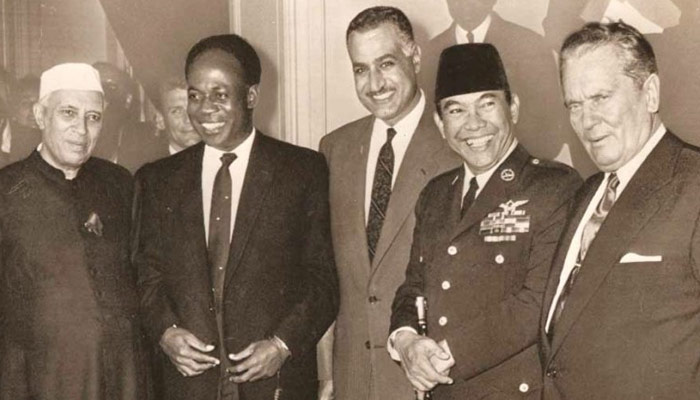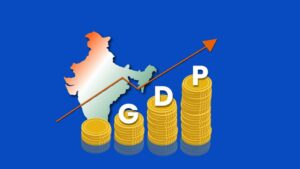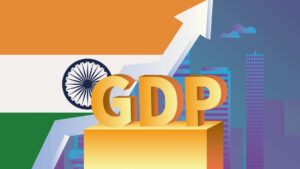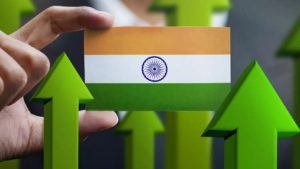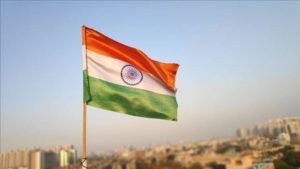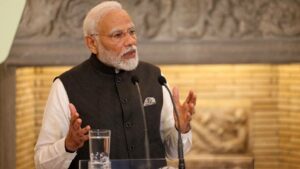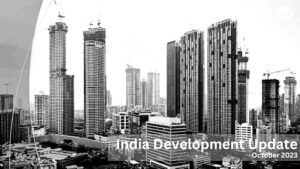India is coming out of the Panipat-syndrome. The nationalistic leadership today is finding and deciding India’s way in a multipolar world with frenemies, tilting balance of power and a clash of values that present a volatile challenge for global politics and usher in the beginning of the demise of some of the relics of the past. Unlike distant and recent history, the resurgent India does not want to allow geopolitical events to come upon her; rather she wants to anticipate, analyse and be prepared for and bring the change in which she can play an increasingly and effectively larger role.
With the advent of Mr Narendra Modi’s government in its second inning, and open hostile challenges on entire stretch of borders with Pakistan and China (Pa-Chi), India will no longer pursue non-aligned movement (NAM) of nations that was formed in 1961 in Belgrade, Yugoslavia through an initiative of Jawaharlal Nehru, Indonesian President Sukarno, Egyptian President Gamal Abdel Naseer, Ghanaian President Kwame Nkrumah and Yugoslav President Josip Broz Tito.
Modi sparked off the debate recently urging the United Nations General Assembly to reform itself; not remain besotted to the past and make room for a larger role for India. The hint is clearly at seeking and securing India’s seat at the UN Security Council. Pak-Chi’s overt and covert actions over the last few years, India’s rise in the world order as well as BJP-led nationalist government’s eyes at the next general elections due 2024 form the perfect bedrock for NaMo to make those utterances loudly unambiguous.
Until recently, a western paradigm dictated global norms and values. India and the world’s experience with China’s rise in the first two decades of the twenty-first century surely make those assertions apt and timely. In a dynamically complex system of socio-cultural agreements, trade and military deals, a mindset of playing defence (hitherto standard response system by Indian governments) does not comprehend external events well, leave alone appreciate their implications and turn those outcomes to India’s advantage.
The consequences of Pakistan’s illegal occupation of part of Jammu & Kashmir was as underestimated as the strength of its revanchist sentiments after the 1971-birth of Bangladesh and understanding of China had been inadequate, the significance of the 1949 revolution, and later the intensity of its Communist nationalism or, finally, the enormity of its post-1978 rise. Not any longer under NaMo and the current military-diplomatic dispensation jointly guided by the NSA and PMO. Neither UN, nor NAM has come up with any viable alternative to correct the imbalances for decades. In fact, all that they did allowed India’s small neighbour to close the power gap courtesy China’s veto power.
S. Jaishankar, career diplomat and India’s foreign minister in his new book The India Way says “The world is different, we need to think, talk and engage accordingly. Just falling back on the past is unlikely to help in preparing for the future. The world is not just different; the very structure of the international order is undergoing a profound transformation.” It’s foolish to do the same thing over and over again – and expect different results. India’s foreign policy must not only gear up to but help shape the New World Order which probably excludes bodies such as UN and NAM; at least not in the form and core as they existed so far.



